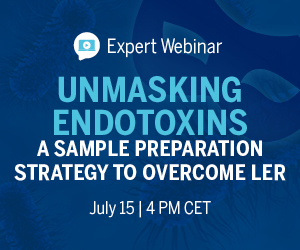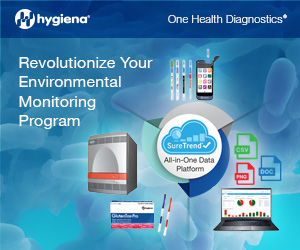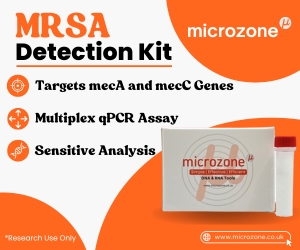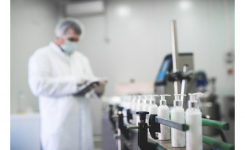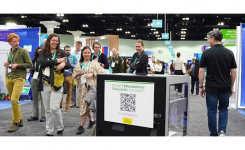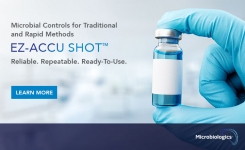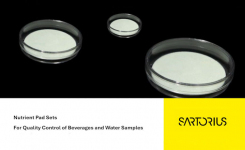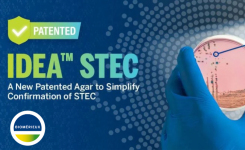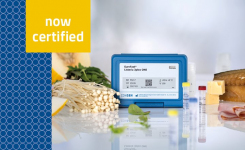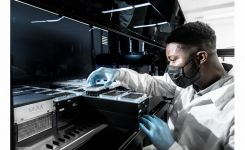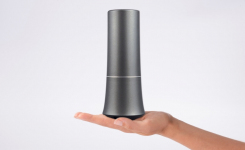New, Sensitive Method for Direct Endotoxin Detection
go back to news archives| Bacterial endotoxin technology that uses bacteriophage-derived components has the potential to efficiently detect lipopolysaccharides (LPS) contamination in undiluted samples with reliable results. Initial data on the new approach will be presented at this years's analytica in Munich by the German biotech company Hyglos GmbH. 'Our ELISA-based technology uses a bacteriophage protein for a specific and reliable endotoxin determination', states Dr. Ingrid Wanninger, Vice President of Hyglos. 'Having gained extensive experience in the endotoxin removal segment with our EndoTrap portfolio, the development of a completely new detection system was a logical step. The Hyglos assay delivers comparable results to LAL and overcomes limitations of the commonly used methods, for example the need for substantial dilution to reduce the effect of interfering factors'. According to the Hyglos assay format, the LPS from the sample is specifically bound to a micro well. Potentially interfering components from the matrix are removed by a washing step. By doing this, the subsequent detection is undisturbed allowing a reliable quantification. Validation studies of the new method are planned to begin in the second half of this year. Bacteriophage-based endotoxin detection at a glance:
At analytica 2010 (March 23 - 26, Munich) Hyglos will be presenting its innovative solutions for R&D and pharmaceutical in-process control testing in Hall A3, booth 261/360. The focus at this year's show will be on endotoxin detection and removal, protein services and rapid testing for food microbiology. |
NOTE: This item is from our 'historic' database and
may contain information which is not up to date.
Source : Hyglos GmbH View Company Information
Posted on March 26, 2010


